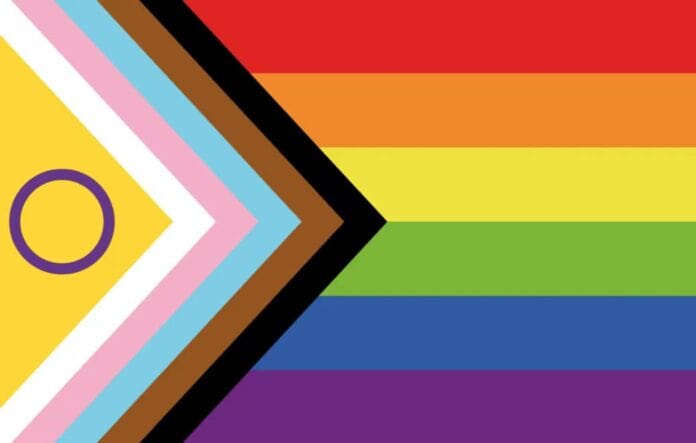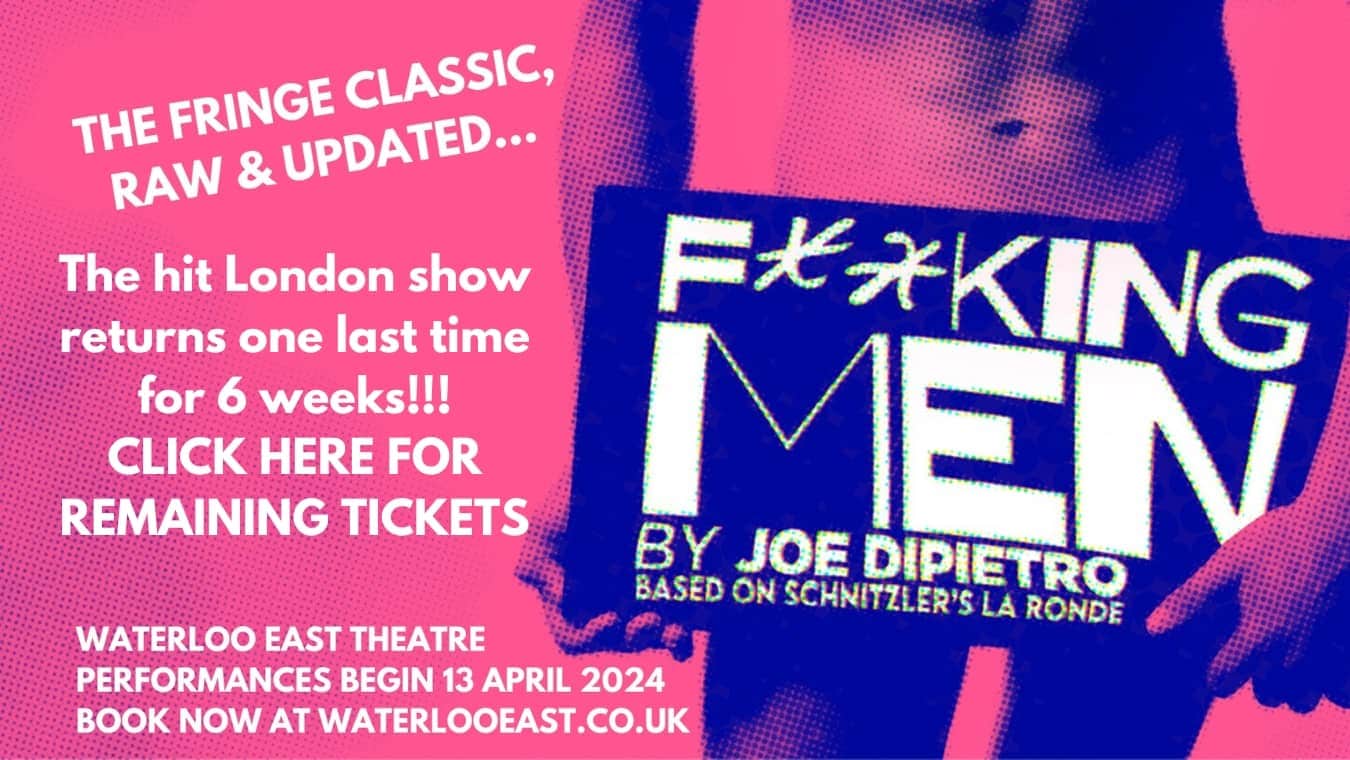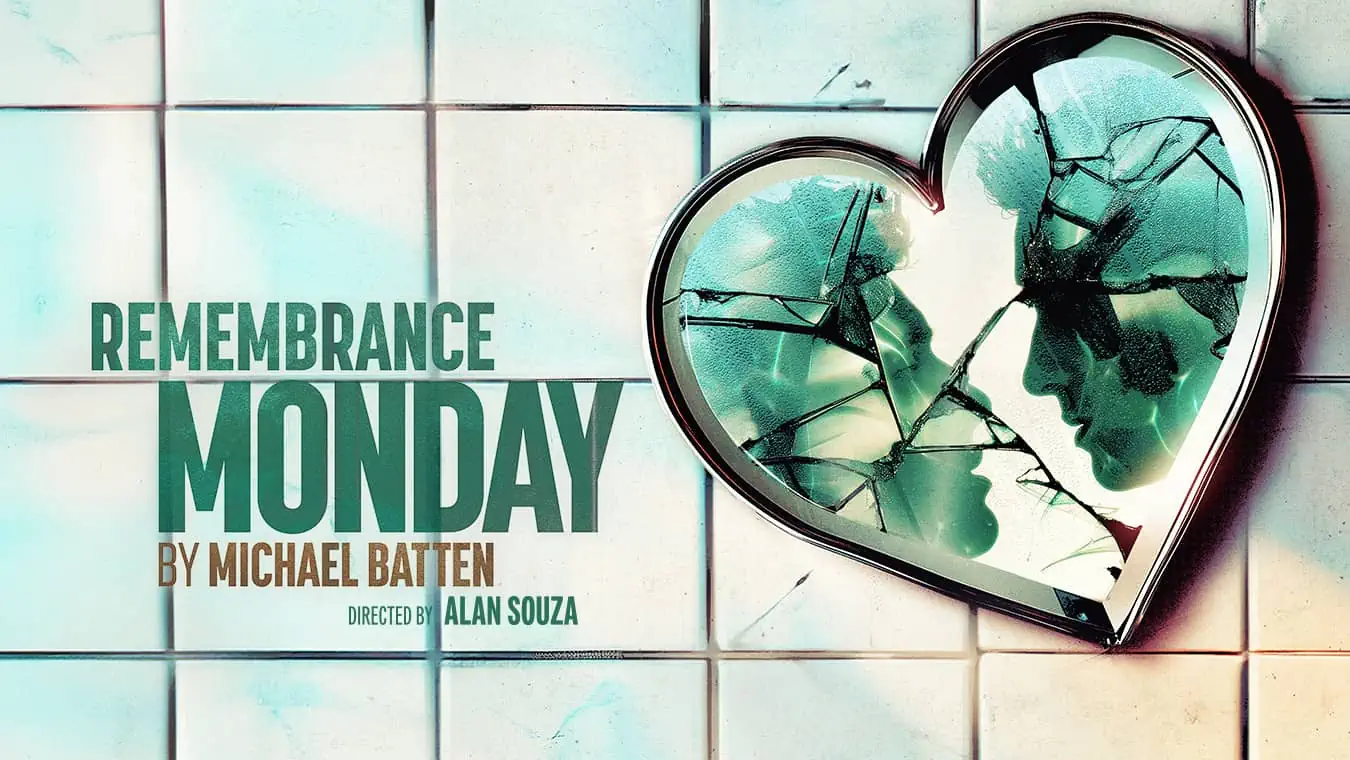¨I’m a gay man – darling – of course I love musicals.¨ This statement arrives courtesy of a middle-aged man sporting a slight lisp and a handlebar moustache. Or it could originate from a young dancer wearing too much fake tan and peroxide in their hair. There’s the ascription of a near patriotism, too: ‘as a gay man, it’s my duty to buy the new Kylie single.’ Perhaps you’ve heard the epithet utilised for all-encompassing excuse or half-baked mimicry of liberation: ‘I’m a gay man, honey, of course I don’t like football. There’s only one type of ball I’ve been near in the last twenty years’; ‘Gay men have a god-given charge to moisturise in the mornings’, ‘Amen to that, sister!’
Increasingly, a type of phrase subscribing to this format – based essentially around a ‘I’m a gay man, therefore…’ template – can be heard blithely thrown out in drunken conversations across the scene. Of course, most are made in knowing jest, although you do get the odd head-case who genuinely can’t compute the fact that you don’t like Madonna. ‘But you’re gay, you must like Madge!’ they’ll plead. Well no, sorry to move you to tears, but the OED description of ‘homosexual’ doesn’t read as ‘attracted to members of the same sex, plus harbours indomitable adulation of Madonna’.
Yet whilst these sweeping attestations seem harmless enough in their conformity to a vaguely self-parodying humour, perhaps not everyone outside of this insider knowledge understands the parody part. Collated together they can create an enduring myth of the modern gay man in wider parochial culture: sexless, secondary and undyingly camp. How many of us have felt underrepresented by the only gay male portrayal on film and television as yet another token best friend of the main female character? Perhaps gay men, who don’t fit into the conventional heterosexual romantic structures of programmes like Sex and the City or even Glee, present problems to producers, who react by sidelining them. Queer as Folk happened over 20 years ago.
But then, what if it’s gay men who are in fact sidelining themselves? How tongue-in-cheek are those comments after all? We segregate ourselves into urban ghettos like Soho where the most commercial pop music blares every opening hour of every bar, and the overlying emphasis is on artifice and aesthetic. People wax and chemical peel and ask other people if they can guess what they’re wearing so that they can reply ‘Tom Ford’ with pride. The boy in the Galliano vest will be able to tell you every chart position the singles from the last Girl’s Aloud album got to, but not who the Home Secretary is. Everyone wants the perfect athlete’s body but no one plays any sports.
Other predominately gay city areas do not necessarily promote further diversity. In Shoreditch the manifest tattoos and piercings cry out for an individuality that is spectacularly lacking in that all of its residents flaunt them. Self-styled ‘scenesters’ cram copies of i-D magazine into their back pockets, turn up for openings of envelopes if there’s free wine and actively loathe the mainstream to such an extent that they seek sanctuary in the esoteric nether-regions of fashion and art. Ostensibly, they would presumably protest, to avoid the mundane, but perhaps also to escape the dangerous. Elsewhere in the city, anyone who’s dipped a toe in the murky waters of Vauxhall knows that these party-goers’ connection with the real world is tenuous all through the greater weekend.
Perhaps I’m stereotyping? Maybe not. It’s safe to say enough of those examples (amongst more excessive variants), particularly within the younger generations circulating the scene, exist. Liberation has been won, that’s all that matters: one can forget about the outside world on Old Compton Street or at the Albert Embankment, Peter Tatchell can speak for everybody. A gay identity has been definitively formulated since Stonewall, and it involves a certain acceptance of passivity (one thinks of the championing of pink as a mascot colour) and, indeed, a sacrifice of masculinity for the sake of one’s sexuality.
On the Internet there has been a huge rise in recent years of homosexual men describing themselves as ‘men who have sex with men’, conspicuously avoiding the label ‘gay’. Sometimes, it’s not that hard to see why. Everyone’s identity is different.












